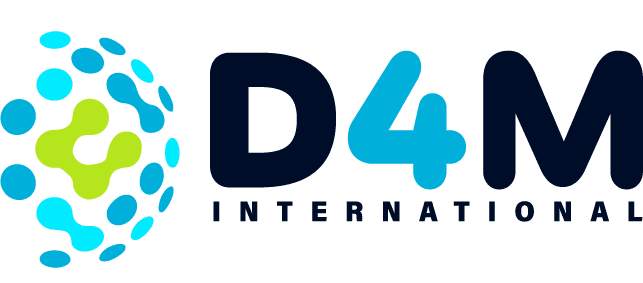The High Cost of Hesitation: Mastering M&A Decisions Ahead of the S/4HANA 2027 Deadline
About the Interview
In the manufacturing industry, “cold feet syndrome” refers to a hesitation or reluctance to fully commit to a project, process, or decision, potentially leading to significant impacts on a company’s bottom line. In this interview, we speak with D4M COO Jean-Yves Durocher, who talks about the cold feet syndrome in the context of Merger/Acquisitions (M&A). He covers potential causes of cold feet syndrome and the huge potential costs due to inaction in the face of the looming SAP S/4HANA 2027 deadline.
In this conversation, Jean-Yves explains that despite the extensive time and money invested in due diligence and planning during an M&A, companies often deviate from their original plans after acquiring a company. He also notes that during the typical integration of a software component, you might have considered two or three alternatives, but after the transaction, when you gain full access to people and systems, other options may become more appealing. Jean-Yves emphasizes that, since ERP is the ‘heart and lungs’ of your operation, the S/4HANA 2027 deadline introduces an additional layer of complexity to the plan.
In conclusion, when it comes to overcoming cold feet syndrome, there is no one-size-fits-all solution for ensuring ERP rollouts proceed as planned. However, there are various approaches to addressing the looming SAP S/4HANA deadline that may introduce unforeseen steps, which should be considered before choosing a path forward. Whether you’re a buyer or seller, D4M can assist in developing roadmaps and providing guidance to navigate the journey, offering organizations a fresh and valuable perspective.

